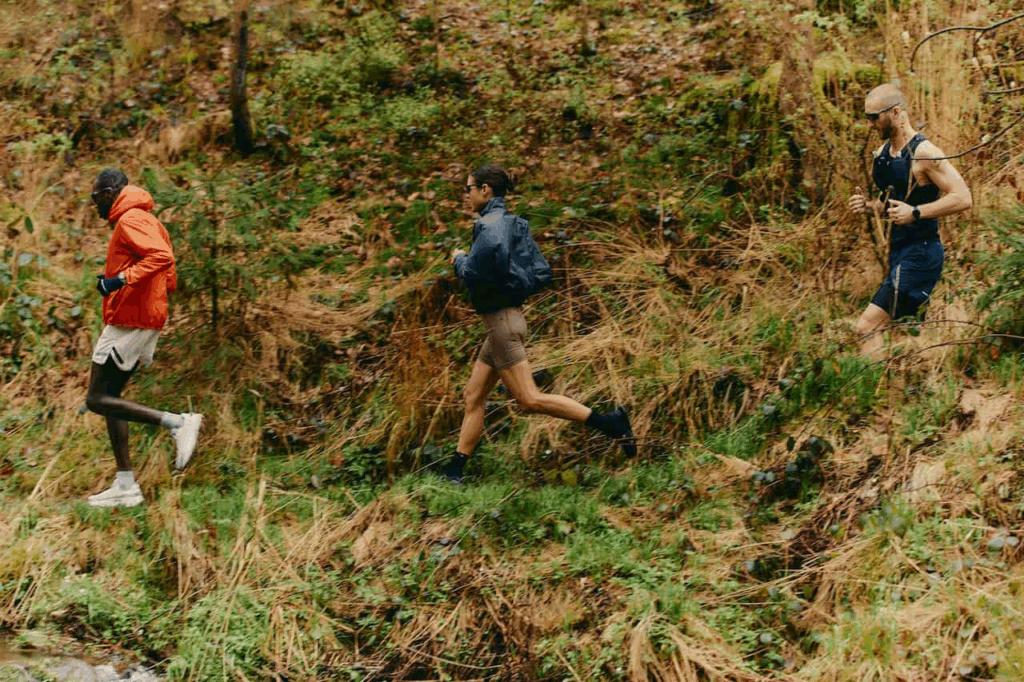From the wide-open prairies to the dense boreal forests, Alberta hides a little-known story beneath its soil—a story about magic mushrooms, ancient traditions, counterculture rebels, and cutting-edge medical research. With Canada’s psychedelic revival picking up speed, Alberta finds itself in an interesting spot: balancing its famously conservative roots with a growing curiosity about psilocybin therapy.
From Ancient Traditions to Today’s Mushroom Scene
Long before settlers arrived, Plains Indigenous cultures were already using various plants and fungi in spiritual ceremonies. While we don’t have hard proof they used psilocybin specifically, there are oral histories hinting at consciousness-expanding practices.
Fast forward to the 1970s, when Psilocybe semilanceata—better known as Liberty Caps—started popping up in cattle pastures along the foothills of the Rockies. These hardy little mushrooms thrive in Alberta’s cool, grassy terrain and became a quiet symbol of the province’s underground psychedelic culture.
By the ’90s, mushroom enthusiasts in Edmonton and Calgary had formed tight-knit, low-profile communities. Once the internet made growing techniques widely available, basement and garage cultivation exploded—especially for varieties like Psilocybe cubensis. Even with tough drug laws, Alberta’s independent streak helped the scene survive and evolve.
Alberta’s Role in the Psychedelic Therapy Movement
Today, Alberta is quietly becoming a leader in psychedelic-assisted therapy. In 2022, Edmonton’s ATMA Journey Centers became one of the first in Canada to offer legal ketamine therapy. Psilocybin is still tightly controlled under Health Canada’s Special Access Program (SAP), but therapists here are pushing for more access.
Some standouts:
- Numinus Wellness in Calgary and Field Trip Health in Edmonton help patients navigate the SAP process.
- University of Alberta researchers are studying psilocybin’s effects on depression.
- Canadian Psychedelic Association in Calgary trains the next wave of psychedelic therapists.
- Meanwhile, underground groups like Prairie Soul Journeys quietly guide sessions for those who can’t get legal approval.
The main roadblock? You still need a doctor’s support for SAP approval—and that’s not always easy to find in Alberta’s traditionally cautious medical circles.
Where People Find Psilocybin in Alberta (and the Risks)
Despite federal restrictions, Albertans get psilocybin through three main channels:
- Wild Harvesting
- Liberty Caps often show up after September rains, especially near cattle ranches in places like Foothills County or Cypress Hills.
- Psilocybe fimetaria prefers manure-rich pastures across central Alberta.
- ⚠️ Watch out: deadly look-alikes like Galerina marginata grow in the same areas. Join a guided foray with the Alberta Mycological Society before you try foraging alone.
- Liberty Caps often show up after September rains, especially near cattle ranches in places like Foothills County or Cypress Hills.
- Storefront Dispensaries
- Edmonton has a few discreet shops selling chocolates and microdoses.
- Throughout the rest of Alberta including Calgary many trust Good Friday Wellness, a mail-order supplier.
- Home Cultivation
- Alberta’s dry climate is actually great for certain strains like Golden Teachers and B+ Cubensis.
- Local suppliers such as Spore Lab in Red Deer sell spores (legal for microscopy) and equipment.
- Alberta’s dry climate is actually great for certain strains like Golden Teachers and B+ Cubensis.
The Culture—and the Clash
Psilocybin in Alberta reflects the province’s unique mix of values and influences:
- Conservative Roots keep drug policy strict, but a libertarian edge drives decriminalization advocacy.
- Indigenous Reclamation sees Cree and Blackfoot elders incorporating psilocybin into traditional ceremonies.
- Medical Demand is growing among rural patients seeking alternatives to opioids for PTSD or chronic pain.
- Student Microdosing is quietly common at UCalgary and UAlberta.
In 2023, this tension came to a head: Edmonton applied for a federal exemption to decriminalize psilocybin, while Calgary police raided three dispensaries in one month.
The Law (and Staying Safe)
Under Canadian law, psilocybin is a Schedule III controlled substance. In Alberta:
- Possession can mean fines over $1,000, though jail time is rare for small amounts.
- Distribution carries serious trafficking charges.
Safety reminders:
- Trips in remote areas like the Rockies can turn risky fast without preparation.
- People with bipolar disorder or schizophrenia should avoid psychedelics.
- Unregulated edibles can have inconsistent potency—or even contain synthetic alternatives like 4-AcO-DMT.
Looking Ahead: Alberta’s Psychedelic Future
The momentum is growing:
- Edmonton’s decriminalization bid could be approved by 2025.
- UCalgary’s psilocybin trial for depression is now recruiting.
- Hemp farms near Lethbridge are experimenting with legal functional mushrooms, helping normalize mushroom commerce.
While the law struggles to keep pace, Albertans are finding their own ways forward—through community, medical advocacy, and a willingness to explore new horizons. In the heart of Canada’s prairies, the magic mushroom story is just getting started.



